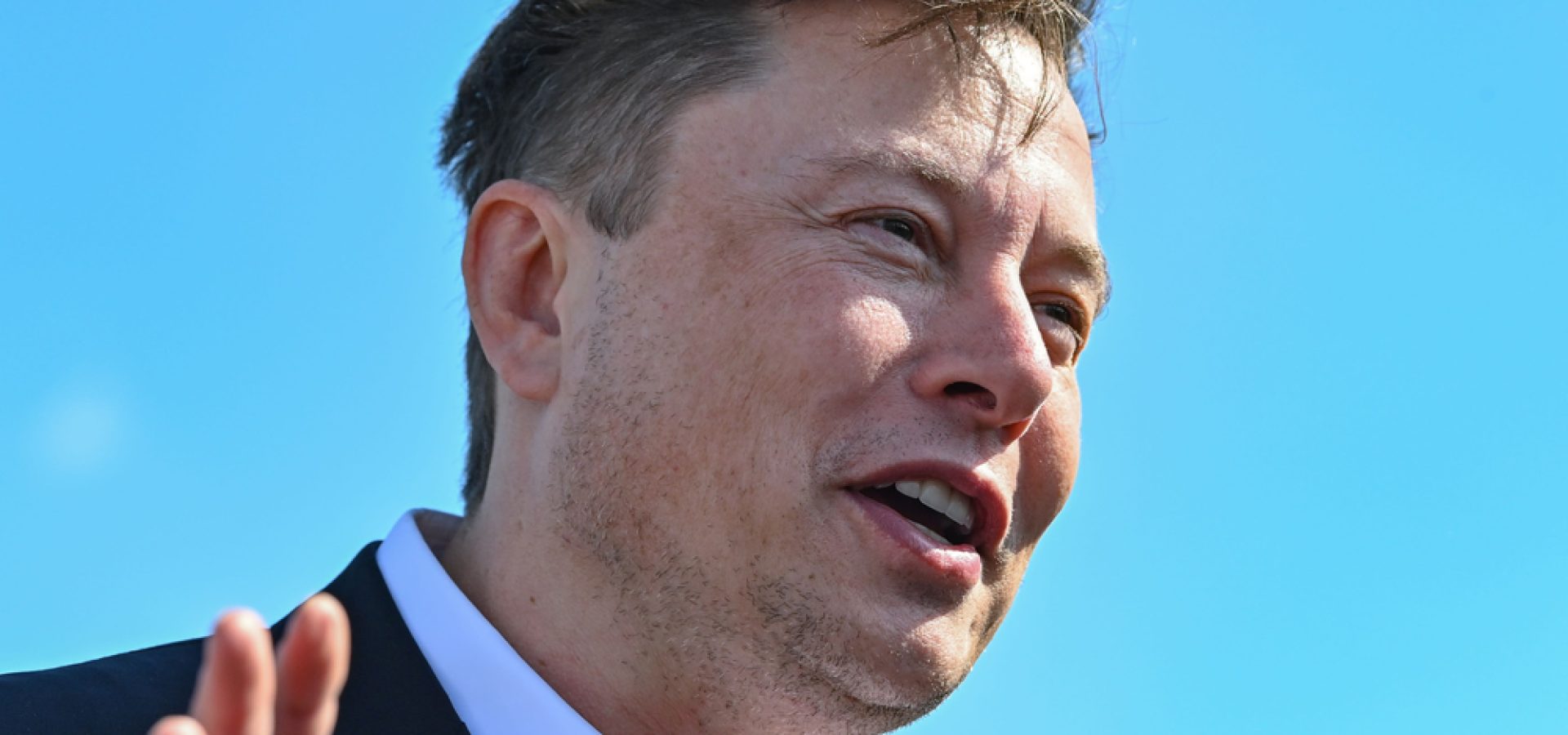Quick Look
- Elon Musk files lawsuit against OpenAI and Sam Altman, alleging contract violations and deviation from nonprofit mission.
- OpenAI faces multiple lawsuits and regulatory scrutiny, including from the FTC, the EU, and the SEC.
- Musk accuses OpenAI of prioritizing profits over humanity, echoing concerns over artificial general intelligence (AGI).
- The legal battle sheds light on OpenAI’s shift to a for-profit model and its close ties with Microsoft.
- Industry responds with the integration of AI tools into various platforms amidst growing concerns over AI’s societal impacts.
The tech world watches as Elon Musk, the visionary behind Tesla and SpaceX, takes legal action against OpenAI. As a reminder, OpenAI is the AI research lab he helped found in 2015. Last week’s lawsuit follows the Intercept, Raw Story, and AlterNet. According to the lawsuit, OpenAI falls under the accusations of copyright law violations. Elon’s legal move points to a deeper discord. Therefore, stemming from OpenAI’s pivot from its original nonprofit ethos to a for-profit entity closely tied to Microsoft.
Musk’s Concerns: From Nonprofit to Profit
Musk’s concerns aren’t new. He, along with luminaries like Stephen Hawking and Bill Joy, has long voiced the existential risks posed by AGI. His lawsuit, filed in San Francisco Superior Court, alleges that OpenAI has strayed from its mission, becoming a “closed-source de facto subsidiary of Microsoft,” thus prioritizing corporate gain over the betterment of humanity. This marks a significant departure from the organization’s founding principles, as Musk sees it.
OpenAI’s Legal Hurdles & AI Scrutiny
OpenAI’s legal challenges are not isolated to Musk’s allegations; indeed, the organization finds itself entangled in lawsuits from several prominent entities. Among these litigants are The New York Times and the Author’s Guild, signalling a broader regulatory crackdown. Furthermore, the FTC’s inquiry into tech giants’ AI endeavours, coupled with the European Union’s probe into Microsoft’s AI investments and the SEC’s investigation into OpenAI itself, highlight the escalating scrutiny facing the AI sector. These developments collectively reflect broader concerns about AI’s societal implications and underscore the ethical responsibilities of those who wield its power.
AI Integration vs. Ethical Dilemmas
The backdrop to Musk’s lawsuit is a tech industry increasingly fascinated with AI. Companies like IPG and Salesforce are integrating AI into their offerings, from marketing platforms to customer relationship management tools. Meanwhile, instances of AI-generated misinformation and false advertising, such as the criticized Willy Wonka pop-up ads in Scotland, illustrate the technology’s potential for misuse. This juxtaposition of innovation and ethical dilemmas captures the current AI climate.
Musk’s Claims: OpenAI’s Shift Explained
At the heart of Musk’s lawsuit are accusations of OpenAI betraying its foundational agreement by transitioning to a for-profit model, thereby sidelining its commitment to open-source development. Musk’s early support and subsequent resignation from OpenAI’s board to avoid conflicts with Tesla highlight his intricate connection to the lab’s origins. The lawsuit also brings to light the controversial reappointment of Altman as CEO, a move reportedly influenced by Microsoft, which coincided with significant board reshuffles.
Future of Musk vs. OpenAI: Ethics & Innovation
Legal experts are sceptical about the success of Musk’s lawsuit. However, the case brings critical attention to the ethical and operational shifts within OpenAI. The outcome of the lawsuit, while uncertain, may reveal new insights. These insights could shed light on OpenAI’s decision-making processes. Nonetheless, OpenAI is expected to guard its most sensitive documents closely.
The broader implications for the AI industry are significant. There is an ongoing debate about the balance between innovation, profit, and ethical responsibility.
This legal confrontation highlights the complex dynamics at play. Innovation, ethics, and corporate interests are shaping the future of AI. As the case unfolds, it will likely expose more about the underlying tensions. These tensions are central to the tech industry’s race towards AGI.









COMMENTS